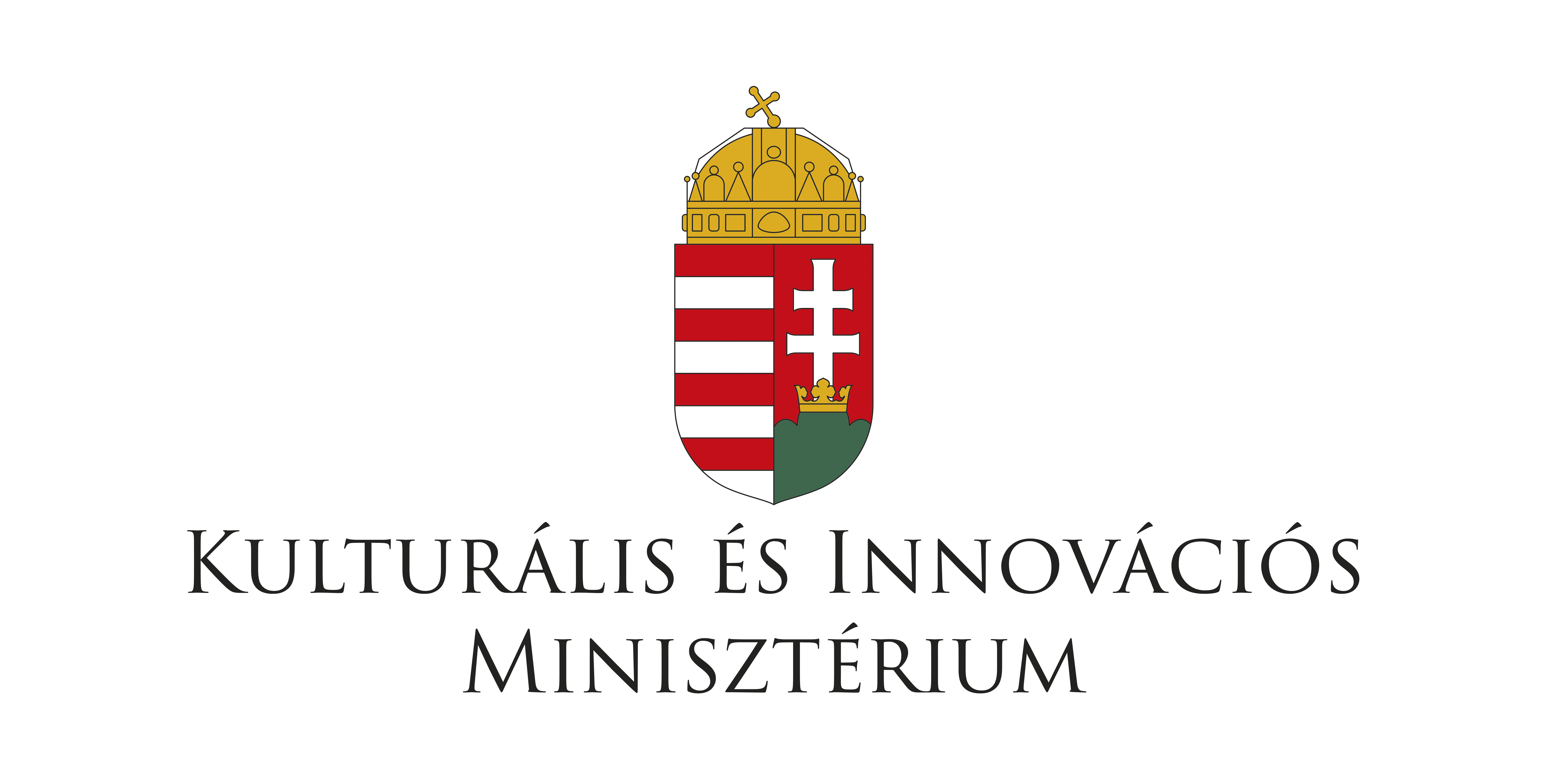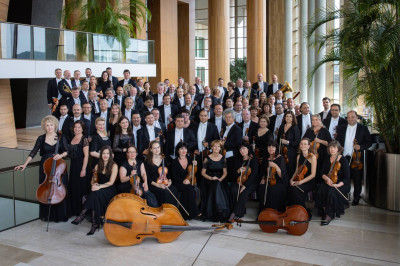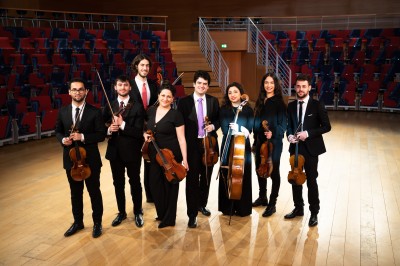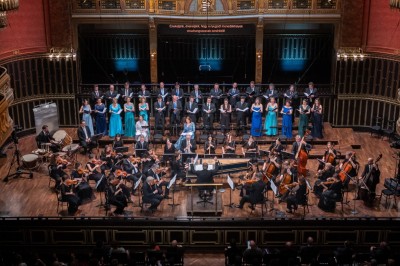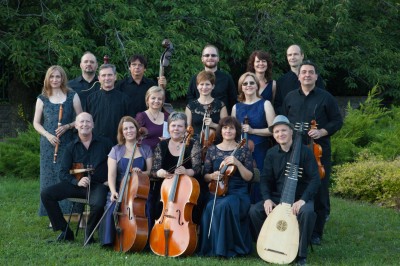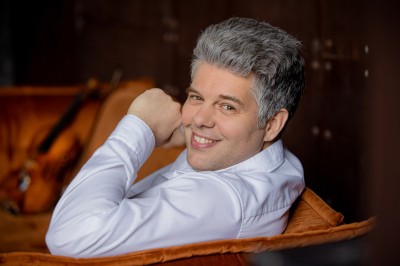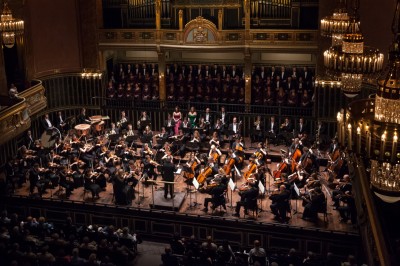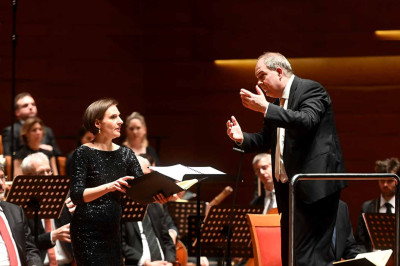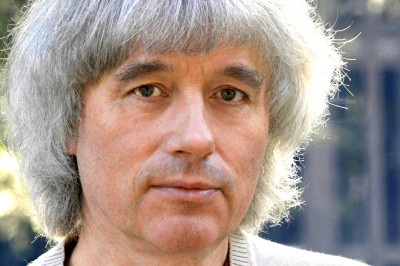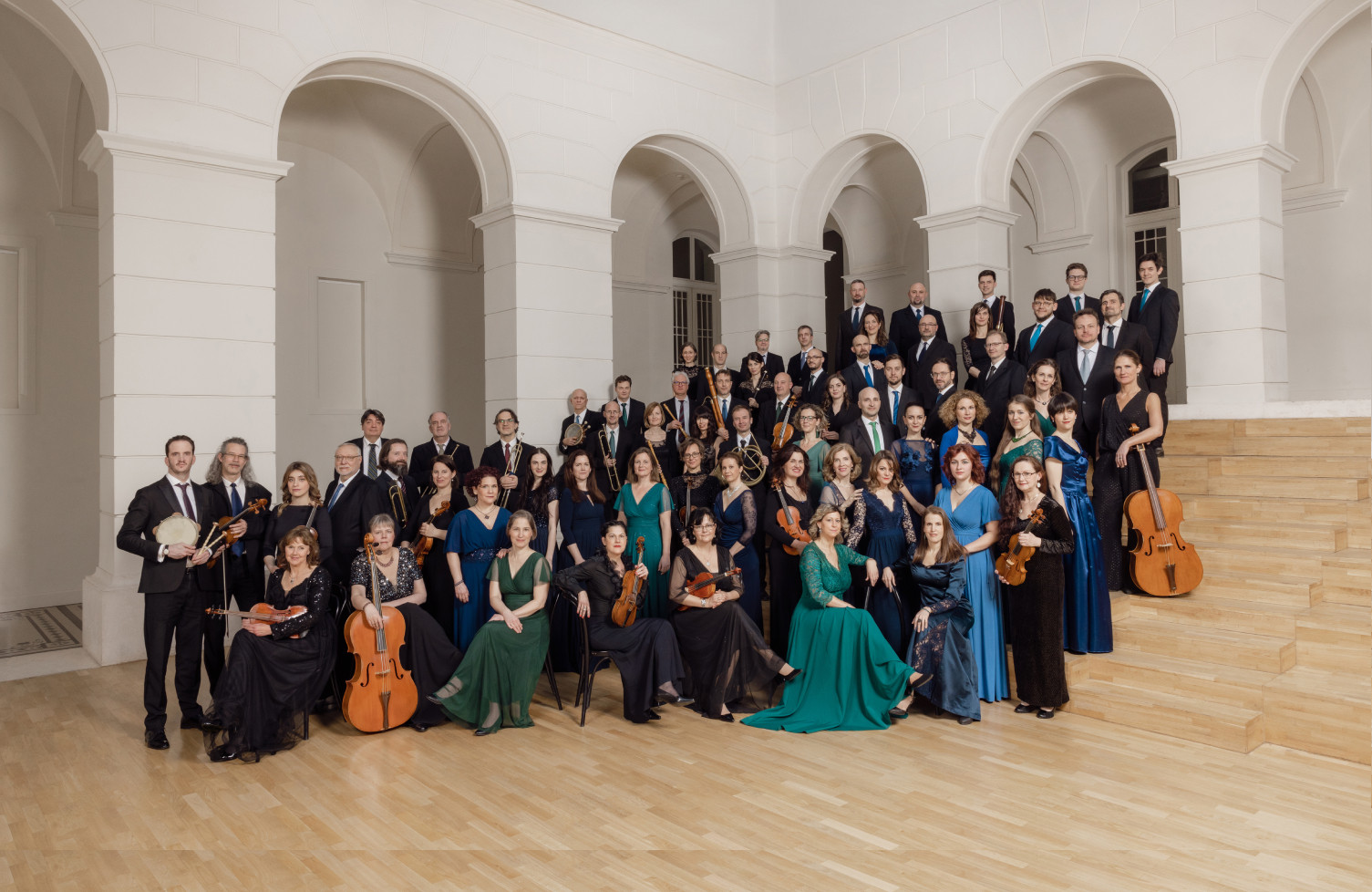
Tickets are available by prior appointment at the Budapest office of Filharmonia Hungary (1143 Budapest, Szobránc u. 6–8.), at the Liszt Academy of Music (1061 Budapest, Liszt Ferenc tér 8.), and online at www.jegymester.hu.
Ticket discounts:
We offer a 10% discount for students and pensioners.
Filharmonia Hungary season ticket holders can purchase tickets with a 20% discount by showing their season tickets! The discount can be applied to one ticket per concert per subscription.
Individual discounts cannot be combined!
We reserve the right to change the programmes, dates, venues, and performances, and ticket prices may change accordingly.
When we say Passion, everyone first thinks of Bach and then of John and Matthew since Bach’s settings of the Passion story based on these two Evangelists’ texts are the ones that have survived. Passions were composed before and after Bach, but these works have kept their „siblings” in the shadows. Bach submitted the St. John Passion as part of his application to Leipzig; it was the first Passion he performed there. He programmed it multiple times, making various changes along the way. In contrast, he carefully finalized the St. Matthew Passion at the end of his life, dressing it in a „ceremonial robe” for posterity. In the St. John Passion, the Evangelist’s recitatives form a unified whole with the arias and choral movements, often following one another without pause. The chorales engage in a sensitive dialogue - not only with each other and Bach’s time but occasionally with the St. Matthew Passion. Bach’s music lends almost theatrical dramaturgy to the biblical events. It’s no coincidence that his Passions bring the story of redemption to vivid, tangible life - regardless of one’s religious belief or denomination.
Orfeo Orchestra and Purcell Choir
Ágnes Kovács - soprano
Bernadett Nagy - alto
Zoltán Megyesi - Evangelist
Attila Varga-Tóth - tenor
Zoltán Melkovics - Jesus
Zsombor Cserményi - bass
György Vashegyi - conductor
PROGRAMME:
Bach: St John Passion




